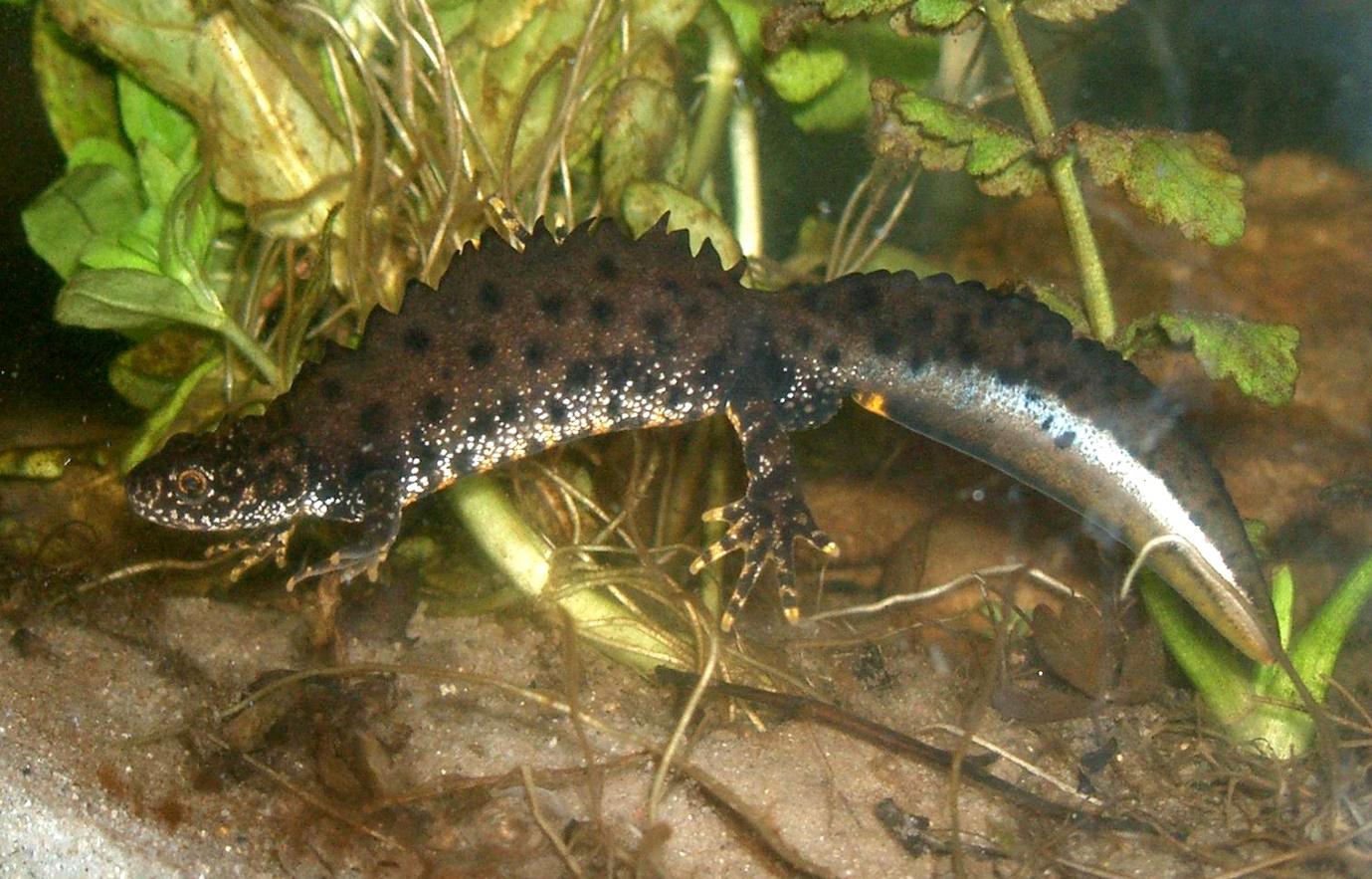 In the UK most of our wildlife legislation does not come from the EU, and therefore cannot be affected by Brexit. For example, the Ground Game Act (1880) controls which species can be hunted, when they can be hunted, and who they can be hunted by. This Act obviously pre-dates the EU, and is very unlikely to change just because we leave. The same is true of our Pests Act (1954) and even our Wild Mammals Protection Act (1996).
In the UK most of our wildlife legislation does not come from the EU, and therefore cannot be affected by Brexit. For example, the Ground Game Act (1880) controls which species can be hunted, when they can be hunted, and who they can be hunted by. This Act obviously pre-dates the EU, and is very unlikely to change just because we leave. The same is true of our Pests Act (1954) and even our Wild Mammals Protection Act (1996).
Which UK Wildlife Laws come from the EU?
Our two main wildlife laws do come from the EU. Our Wildlife and Countryside Act (1981) was given to us in part by the EU Birds Directive (latest: 2009/147/EC) and our Conservation of Habitats and Species Regulations (2010) was given to us in part by the EU Habitats Directive (92/43/EEC). These two laws are the most important UK Wildlife Laws; they are the longest, the most comprehensive, and the only ones to represent the interests of wildlife biodiversity and conservation.
Could the wildlife laws be left in place?
Our wildlife laws could just be left in place as they are. However, all EU directives are going to be scrutinised, and the wildlife laws are too unpopular to be preserved in this process: you’ve probably heard the complaints about the cost of relocating great crested newts (European Protected Species under the Habitats and Species Regulations (2010)). In 2015 the UK government even had a consultation on amending these laws, which resulted, in part, in the aforementioned Infrastructure Act (2015). The EU wildlife laws are unlikely to be left alone.
Are there any difficulties with repealing the EU wildlife laws?
There are three main difficulties with repealing the EU wildlife laws:
1. The EU laws cannot be touched until the UK officially leaves the EU. This will probably happen two years after the UK triggers Article 50, which means our laws are safe until 2018 at least.
2. Even after that, the EU wildlife laws are not just regulations; they have been passed by the Houses of Parliament. They cannot be repealed without more parliament acts, which means that the houses will have to vote to change them.
3. Finally, our laws are not just based on EU laws but also international treaties. The most important of these for our purposes is the Bern Convention (1979). The EU Habitats Directive (92/43/EEC) was directly based on the Bern Convention. Once we have left the EU, we do not have to follow the Habitats Directive, but we can’t change our national Habitats Regulations (2010) anyway because we still have to follow international law.
Ultimately, there probably will be attempts to reform the UK’s wildlife law after Britain officially leaves the EU, but, given all the challenges, these may not be successful.
Interested in learning more? If you want to be kept up to date with the UK’s wildlife legislation, you should take ADL’s online course on UK Wildlife Law. We keep it updated every year, so you know that you’re getting the most up-to-date information.